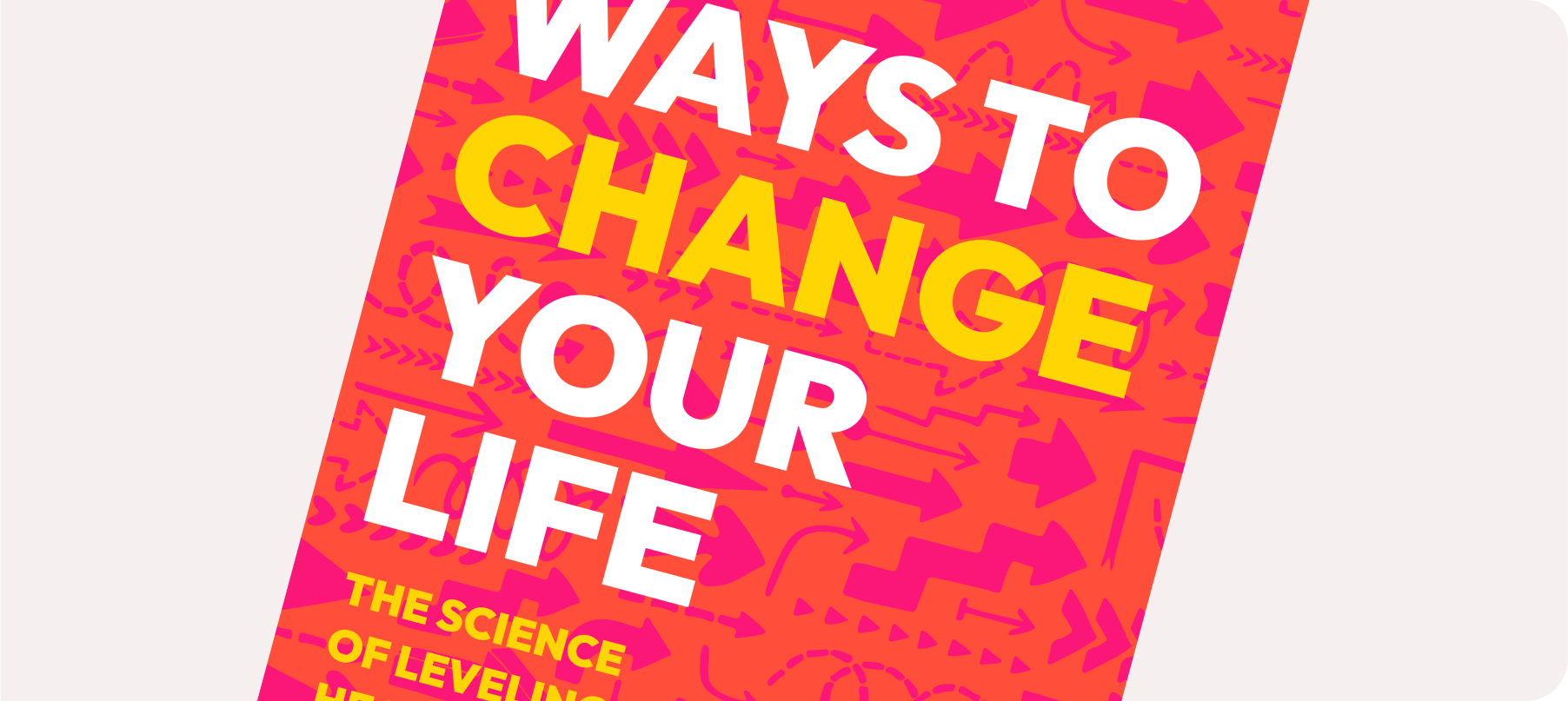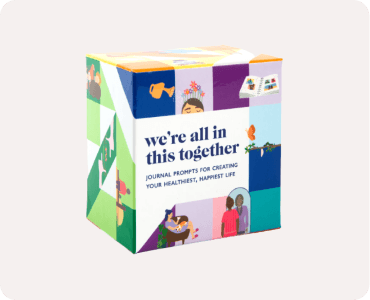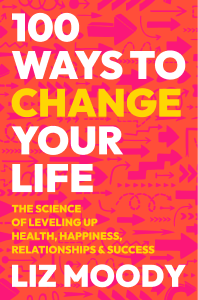I’m demystifying the art and science of small talk so you can be a great conversationalist and overcome social anxiety at parties (like those upcoming holiday parties!), work events, group dinners, and more.
I think of myself as an extroverted introvert – small talk did not initially come easy to me, but I’ve learned to love it. In this solo episode, I’m giving you the tools and research that allowed me to overcome my fear of small talk.
Many people say they hate small talk, but research on the subject indicates that we may like it more than we think. Small talk is a great way to connect with strangers on a human level, and because most people like it, most people want to talk to you! I’ll teach you my go-to conversation starters, conversational pointers that actually work, and more.
- 00:00 Introduction
- 2:53 The Importance Of Micro-connections
- 6:21 Why Do We Think We Hate Small Talk?
- 7:36 Initiating Conversations
- 10:10 Introduction Questions That Actually Work
- 15:22 What To Do During The Conversation
- 20:05 Pausing & Embracing Silence
Ready to uplevel every part of your life? Order Liz’s new book 100 Ways to Change Your Life: The Science of Leveling Up Health, Happiness, Relationships & Success now!
To join The Liz Moody Podcast Club Facebook group, go to www.facebook.com/groups/thelizmoodypodcast.
Connect with Liz on Instagram @lizmoody, or subscribe to her newsletter by visiting www.lizmoody.com.
If you like this episode, listen to:
- Anyone Can Become More Optimistic—Here’s How with Dr. Sue Varma
- 5 Science-Backed Habits Of The World’s Most Successful People
- The Secret To Finding Your People, Having More Meaningful Gatherings, & Creating A Community You Love with Priya Parker
The Liz Moody Podcast cover art by Zack. The Liz Moody Podcast music by Alex Ruimy.
Formerly the Healthier Together Podcast.
This podcast and website represents the opinions of Liz Moody and her guests to the show. The content here should not be taken as medical advice. The content here is for information purposes only, and because each person is so unique, please consult your healthcare professional for any medical questions.
The Liz Moody Podcast Episode 277.







